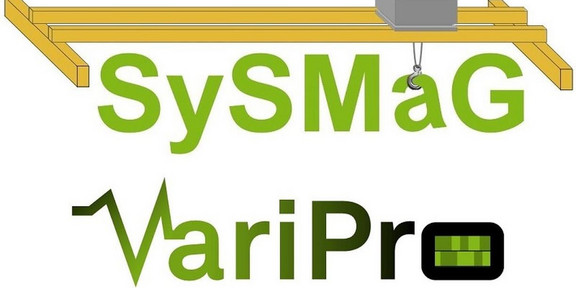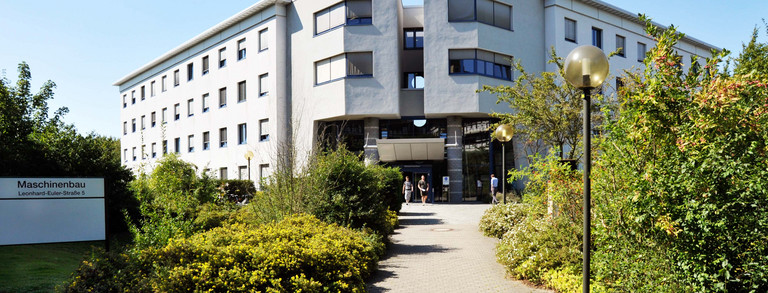Event series Production systems - analysis and design
- 2019_en

Due to the previous success of the series of events, the IPS invited all interested companies to present and discuss the current research results. The main focus was on the topics "On-time delivery reliability in special-purpose machine construction" and "Machine allocation planning in multi-variant production".
The event kicked off with an interactive workshop, in which the companies developed and presented the challenges they face in meeting delivery deadlines and target lead times based on their experiences. With a total of 10 companies and 15 participants, an extensive portfolio of potential challenges was developed and it was often found that despite different industries and products, the challenges are often the same.
After the workshop, Thomas Henke from IPS presented the research findings from the SySMaG research project. The aim of the research project, which ended on June 30, 2019, was to develop a planning system for standardized material supply in the complex, multi-variant, low-volume assembly of large-scale equipment. The developed planning system provides for two consecutive optimization models: in the first step, the assembly sequence required to meet the delivery date is identified before it is converted into a material supply plan with optimal throughput time with the help of the second optimization model.
In the second part of the workshop, Patrick Wolf presented the results obtained within the VariPro research project. The project addresses the problem of variability in customer order-specific production. The focus here is on the connection to the topic of machine utilization planning in order to enable variability-based machine utilization planning. First of all, the subdivision into value-adding and non-value-adding variability was presented as a basis. Non-value-adding variability refers to variability that should be eliminated as well as variability that cannot be eliminated completely. In contrast, value-adding variability should not be reduced directly, as it leads to an increase in customer value and thus contributes to value creation. On this basis, 14 variability criteria were defined that should be taken into account in machine utilization planning. In addition to these criteria, a mathematical optimization model was presented which, in conjunction with the variability criteria, will be transferred to an IT tool during the remaining project duration.
The event was concluded with a presentation by Frederik Ostermeier from BMW AG, who presented a concept for efficient line control in the context of high variability.


